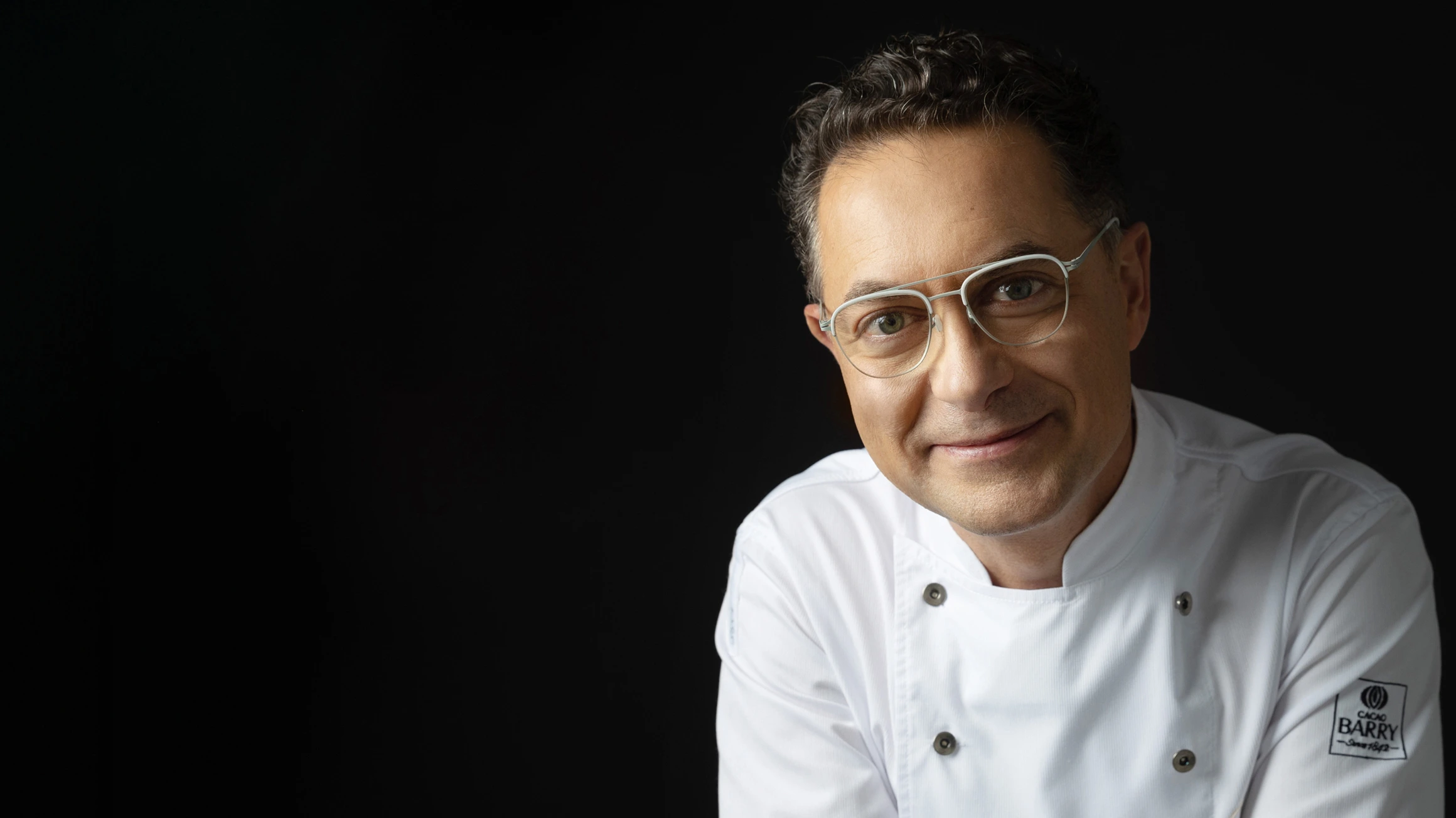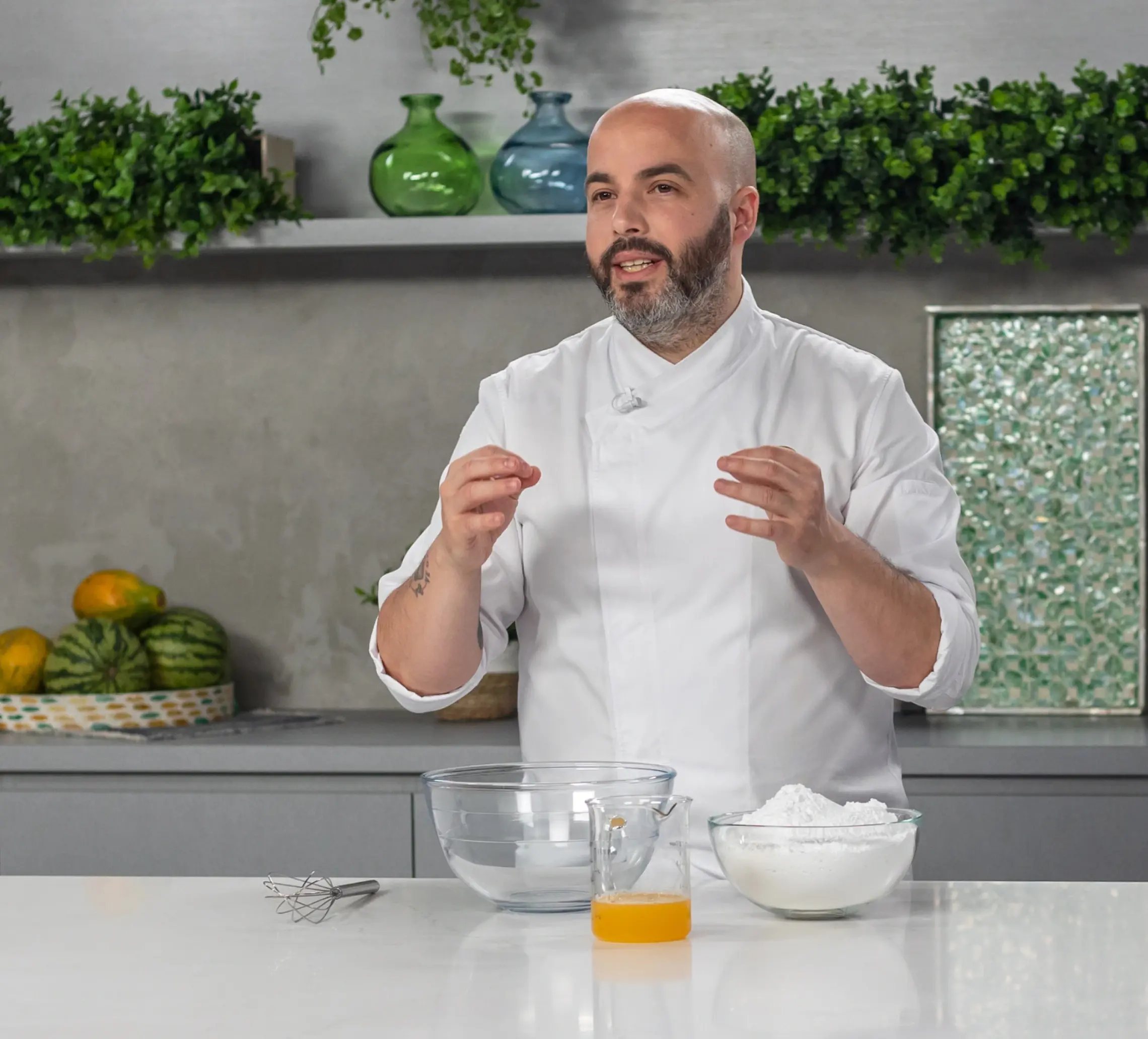The Role of Butter in Viennoiserie
Butter is the magic ingredient in viennoiserie, responsible for the layers that make croissants and danishes so irresistible. Its fat content contributes to the tender, airy texture, while its rich flavor enhances the overall taste.
Characteristics of Ideal Butter for Viennoiserie
When it comes to viennoiserie, the choice of butter is crucial for achieving the desired flakiness and flavor. Consider these characteristics for the ideal butter:
- High Butterfat Content: Opt for butter with a high butterfat percentage for a luxurious mouthfeel.
- Low Moisture Content: Lower moisture ensures the pastry remains light and flaky.
- Rich, Creamy Flavor: Choose butter with a robust flavor to impart unmistakable richness.
- Unsalted vs. Salted Butter Considerations: Using unsalted butter allows better control over the recipe's salt content.
Remember, investing in good-quality butter significantly influences the quality of your viennoiserie.
Types of Butter for Viennoiserie
Choosing the right type of butter is essential for achieving the desired texture and flavor in your pastries. Common types include:
- European-Style Butter: Known for higher fat content, contributing to superior texture.
- Cultured Butter: Adds a delightful tang, enhancing complexity.
- Artisanal and Specialty Butters: Unique varieties bring distinctive flavors and textures.
- Clarified Butter (Ghee): Offers rich flavor without water content, contributing to flakiness.
What to Consider When Choosing Butter for Viennoiserie
Several factors should be considered when selecting butter for viennoiserie:
- Budget Considerations: Balance quality with affordability for consistent results.
- Availability and Sourcing: Choose butter readily available in your region for convenience.
- Personal Preferences and Regional Variations: Consider the flavor profile preferred in your local cuisine.
Tips for Using Butter in Viennoiserie Recipes
Mastering the use of butter in viennoiserie recipes is essential for achieving flakiness and flavor. Consider these tips:
- Proper Butter Temperature for Laminating: Cold butter ensures proper layering during lamination.
- Layering Techniques for Optimal Flakiness: Master the art of folding and layering for that perfect flake.
- Adjusting Butter Quantities Based on the Recipe: Adapt the amount of butter depending on the specific viennoiserie you're creating.
Challenges in Working with Butter for Viennoiserie
Working with butter in viennoiserie can be rewarding but challenging. Common challenges and tips to overcome them include:
- Dealing with Variations in Moisture Content: Adjust hydration levels in the dough for consistency.
- Adapting to Different Melting Points: Understand how butter behaves in varying temperatures.
- Handling Butter Consistency During Lamination: Ensure butter remains firm for proper layer formation.
In the intricate dance of viennoiserie creation, the choice of butter is your partner. Experiment, explore, and find the butter that resonates with your taste buds, elevating your pastries to perfection.
Want to Learn More About Pastry?
Turn your pastry to success with PastryClass. Enroll new pastry skills, unleash your creativity, boost sales, enhance career opportunities, transition into an instructor role yourself, or simply discover a fresh passion. Learn with Cédric Grolet, Pierre Hermé, Ramon Moratò, Frank Haasnoot and more.
December 22, 2023 By PastryClass




























